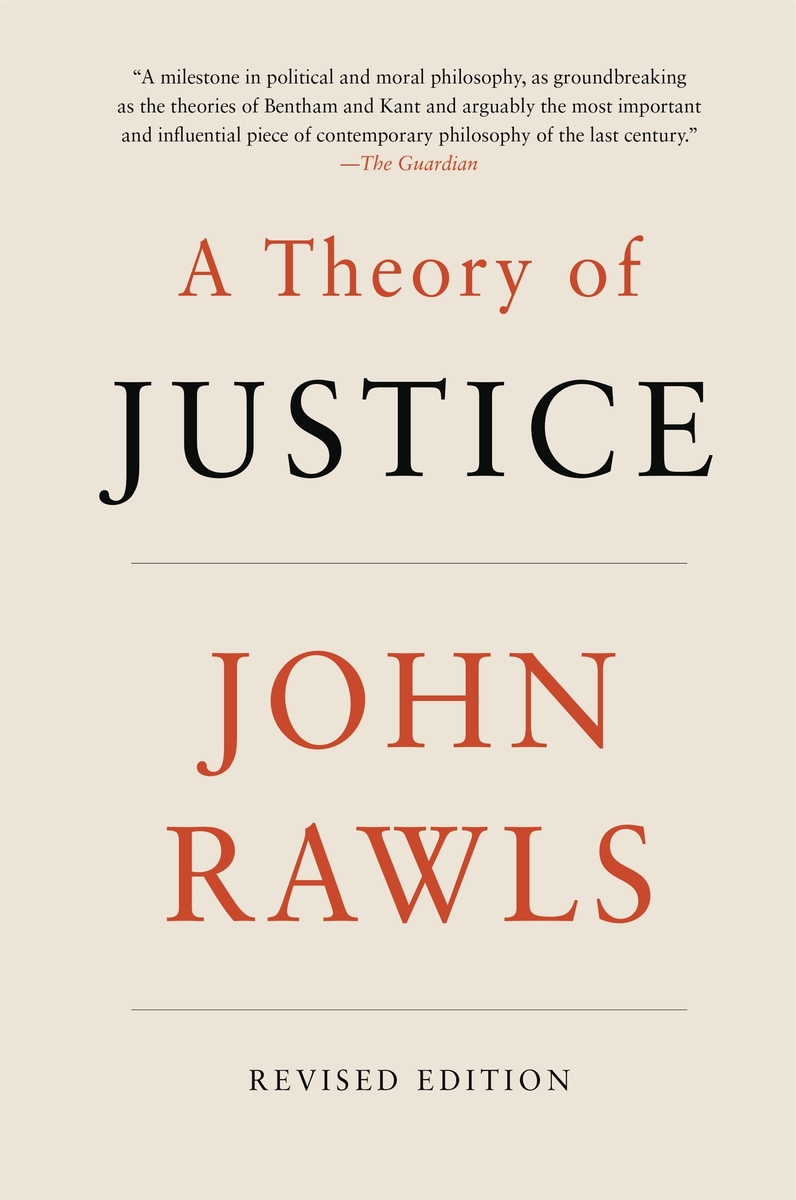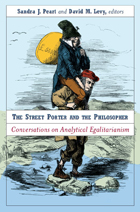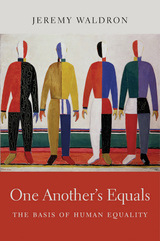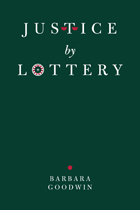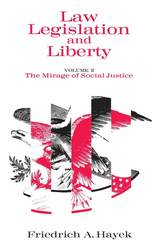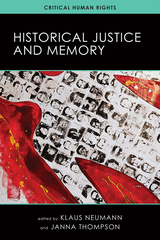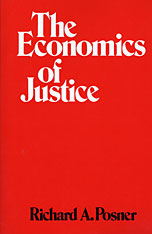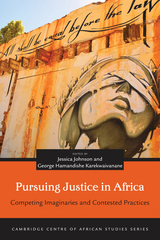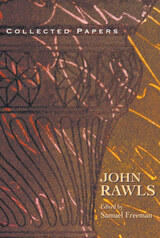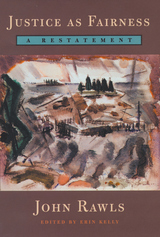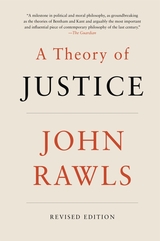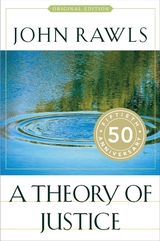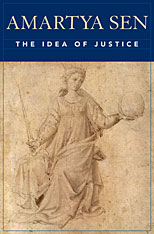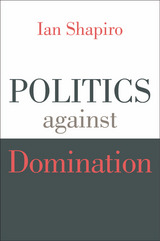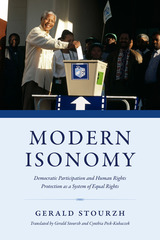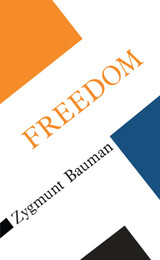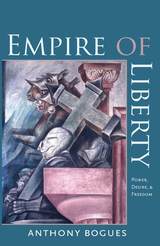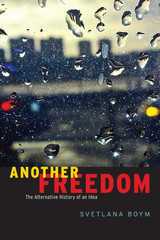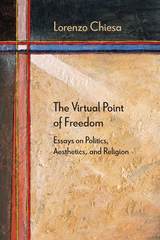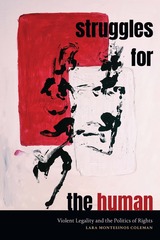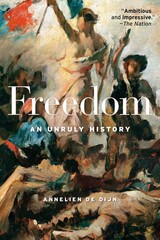The most influential work of liberal political philosophy of the twentieth century.
-- Kwame Anthony Appiah New York Review of Books
I don’t know of a more lucid articulation of the intuitions many of us share about what is just.
-- Scott Turow New York Times Book Review
Impeccably high-minded in its goals, meticulous in execution, optimistic in its view of humanity…Rawls’s theory continues to provide both a compelling framework within which such basic principles can be debated, and a flexible but robust defence of liberal human values. That is a monumental achievement.
-- Prospect
A much-needed affirmation of a free, tolerant, and democratic society…at a time when individual freedom and democracy are under attack.
-- The Nation
Magisterial…John Rawls draws on the most subtle techniques of contemporary analytic philosophy to provide the social contract tradition with what is, from a philosophical point of view at least, the most formidable defense it has yet received…[and] makes available the powerful intellectual resources and the comprehensive approach that have so far eluded antiutilitarians. He also makes clear how wrong it was to claim, as so many were claiming only a few years back, that systematic moral and political philosophy are dead… Whatever else may be true it is surely true that we must develop a sterner and more fastidious sense of justice. In making his peerless contribution to political theory, John Rawls has made a unique contribution to this urgent task. No higher achievement is open to a scholar.
-- Marshall Cohen New York Times Book Review
Rawls’s Theory of Justice is widely and justly regarded as this century’s most important work of political philosophy. Originally published in 1971, it quickly became the subject of extensive commentary and criticism, which led Rawls to revise some of the arguments he had originally put forward in this work… This edition will certainly become the definitive one; all scholars will use it, and it will be an essential text for any academic library. It contains a new preface that helpfully outlines the major revisions, and a ‘conversion table’ that correlates the pagination of this edition with the original, which will be useful to students and scholars working with this edition and the extensive secondary literature on Rawls’s work. Highly recommended.
-- J. D. Moon Choice
[Rawls] has elucidated a conception of justice which goes beyond anything to be found in Kant or Rousseau. It is a convincing refutation, if one is needed, of any lingering suspicions that the tradition of English-speaking political philosophy might be dead. Indeed, his book might plausibly be claimed to be the most notable contribution to that tradition to have been published since Sidgwick and Mill.
-- Times Literary Supplement
Enlightenment comes in various forms, sometimes even by means of books. And it is a pleasure to recommend…an indigenous American philosophical masterpiece of the first order… I mean…to press my recommendation of [this book] to non-philosophers, especially those holding positions of responsibility in law and government. For the topic with which it deals is central to this country’s purposes, and the misunderstanding of that topic is central to its difficulties… And the central idea is simple, elegant, plausible, and easily applied by anybody at any time as a measure of the justice of his own actions.
-- Peter Caws New Republic
With the simple carpentry of its arguments, its egalitarian leanings, and its preoccupation with fairness, Rawls’s classic 1971 work, A Theory of Justice, is as American a book as, say, Mark Twain’s The Adventures of Huckleberry Finn.
-- Will Blythe Civilization
